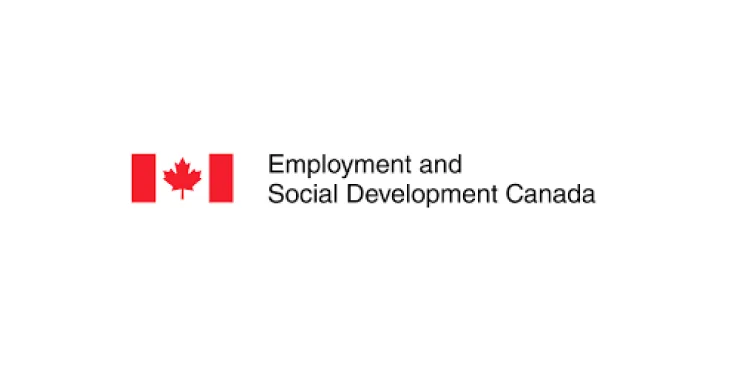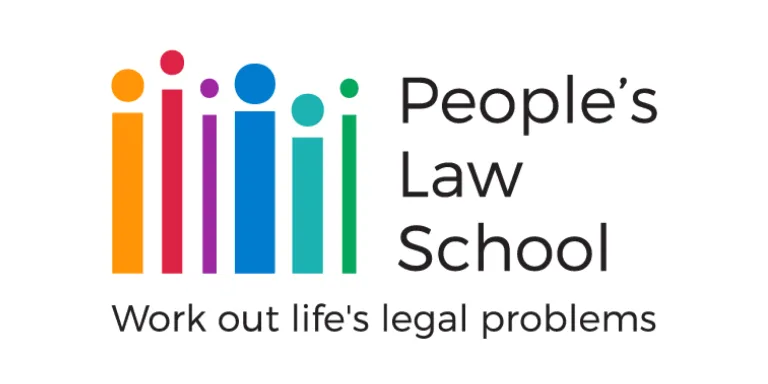Working and statutory holidays

For most workers, a statutory holiday is basically a paid day off. But some may have to work on a stat holiday. If so, they may be eligible for extra pay, called stat holiday pay.
What you should know
There are two main factors that affect your rights around statutory holidays:
whether you’re covered by BC’s Employment Standards Act (the main provincial law that protects workers)
your employment contract
A BC law, the Employment Standards Act, sets out rules for statutory holidays that employers must follow. This law applies to “employees” — which covers most but not all workers in the province.
Need help figuring out if employment standards law applies to you? We offer guidance. See our information on who’s covered.
A second factor that comes into play is your employment contract. It may spell out your rights around stat holidays.
(Note there’s always an employment contract between a worker and an employer, even if nothing is in writing.)
Your contract rights may be greater than the protections in employment standards law. But — if employment standards law applies to you — your contract rights cannot be less than the minimum standards the law sets. If they are, you’re still entitled to the minimum protections of the law.
The 11 statutory holidays in BC are:
New Year’s Day
Family Day
Good Friday
Victoria Day
Canada Day
BC Day
Labour Day
National Day for Truth and Reconciliation
Thanksgiving Day
Remembrance Day
Christmas Day
Easter Sunday, Easter Monday, and Boxing Day are not stat holidays.
On a stat holiday, workers who are covered by employment standards law are entitled to either:
the day off with pay, or
extra pay for working on the holiday.
To be eligible for stat holiday pay, you must:
have been employed for at least 30 calendar days before the holiday, and
have worked or earned wages for 15 of the 30 days before the holiday.
A worker who’s given the day off on a statutory holiday is entitled to an average day’s pay. This is calculated by dividing the total wages earned in the 30 days before the holiday by the number of days worked.
If you’re covered by BC’s employment standards law and you work a stat holiday, you’re entitled to extra pay. You get:
an average day’s pay, plus
one and a half times your regular wage for the first 12 hours you work, plus
double your regular wage for any time worked over 12 hours.
Work out the problem
There are steps you can take if you run into problems related to a statutory holiday.
Step 1. Discuss the situation with your employer
Step 2. Write your employer a letter
Step 3. Make a complaint
Step 1. Discuss the situation with your employer
Try raising the issue with your employer first. Bring any paperwork that supports your position (for example, your pay stub for the period leading up to the holiday in question).
Approaching your boss can be stressful. We offer tips. See tips for talking with your employer.
Step 2. Write your employer a letter
If talking it over in person doesn’t solve the problem, try writing a letter. Let them know that you understand your rights, and explain your concerns in detail.
We have tips on writing to your employer. See our five tips for writing to your employer.
Step 3. Make a complaint
If you can’t work out a solution with your employer, you can make a formal complaint. Workers covered by employment standards law can file a complaint with the Employment Standards Branch.
We explain how to bring your complaint to the branch. See our guidance on making an employment standards complaint.
If you want more on stat holidays, we have in-depth info on this topic. See working and statutory holidays.
Who can help
These agencies may be able to help if you don’t think you’ve been treated fairly regarding a stat holiday.

Employment Standards Branch
The government office that deals with complaints against employers in BC.

Employment and Social Development Canada
Deals with complaints against employers in federally-regulated industries.
Consider getting legal advice if you're struggling to resolve the issue on your own.

BC Legal Referral Service
Helps you connect with a lawyer, notary or paralegal for a free 15- to 30-minute consult to see if you want to hire them.

Access Pro Bono's Legal Advice Clinics
Volunteer lawyers provide 30 minutes of free legal advice to people with low or modest income.
This information from People’s Law School explains in a general way the law that applies in British Columbia, Canada. The information is not intended as legal advice. See our disclaimer.
Related
On Dial-A-Law
Dial-A-Law has more information on Getting paid in the section on Work.
